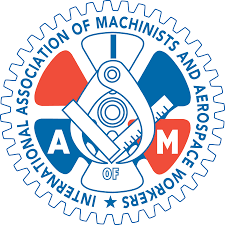According to an article in the Yale Journal on Regulation, systems and tools using artificial intelligence (AI) have already revolutionized the workplace. Many of these new technologies— including wearable devices, security cameras, GPS tracking devices and cameras that keep track of the productivity and location of employees— enhance employers’ abilities to monitor and surveil the workplace.
Many unions and their supporters are simultaneously concerned with massive job displacement. Several unions have voiced concerns that algorithms could potentially take over much of the work of product assembly lines or even entire industries.
For instance, there have been growing concerns within the entertainment industry that generative AI tools such as ChatGPT could replace the writers or possibly relegate them to simply refining AI-generated scripts. There are related concerns that AI-generated simulations of actors could replace the actors themselves.
Even without national or state-level regulation, AI’s increasing use has led some unions to turn to self-regulation and collective bargaining to address risks associated with AI. Some unions have attempted to add entirely new protections into their labor contracts, while other unions have focused on updating existing language to account for AI and other emerging technologies.
